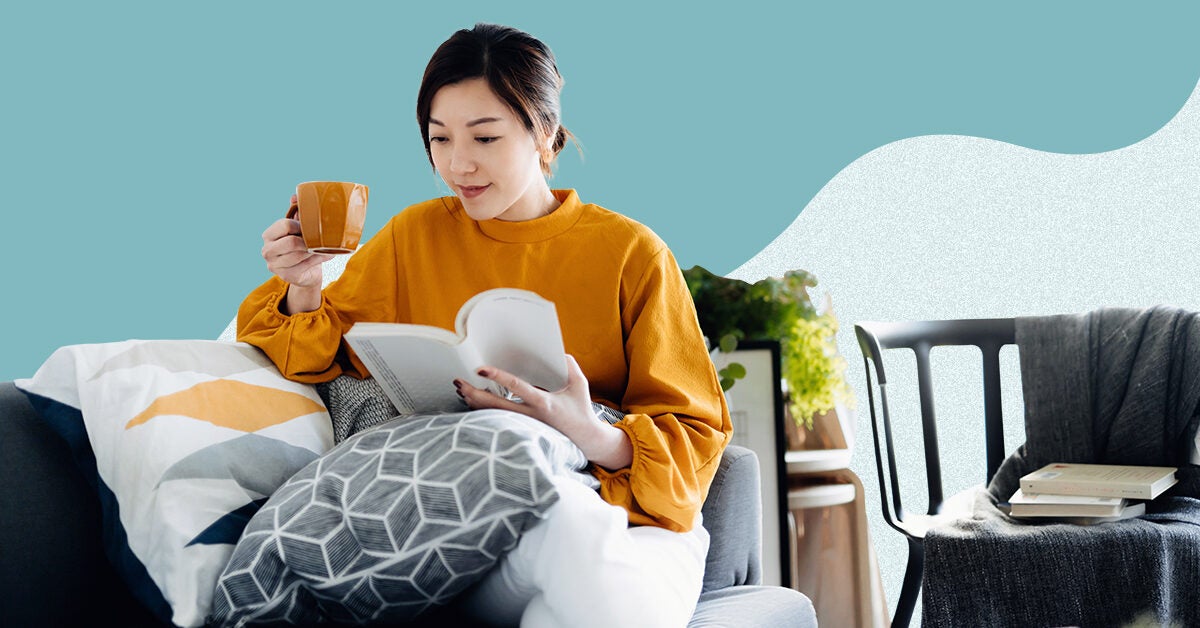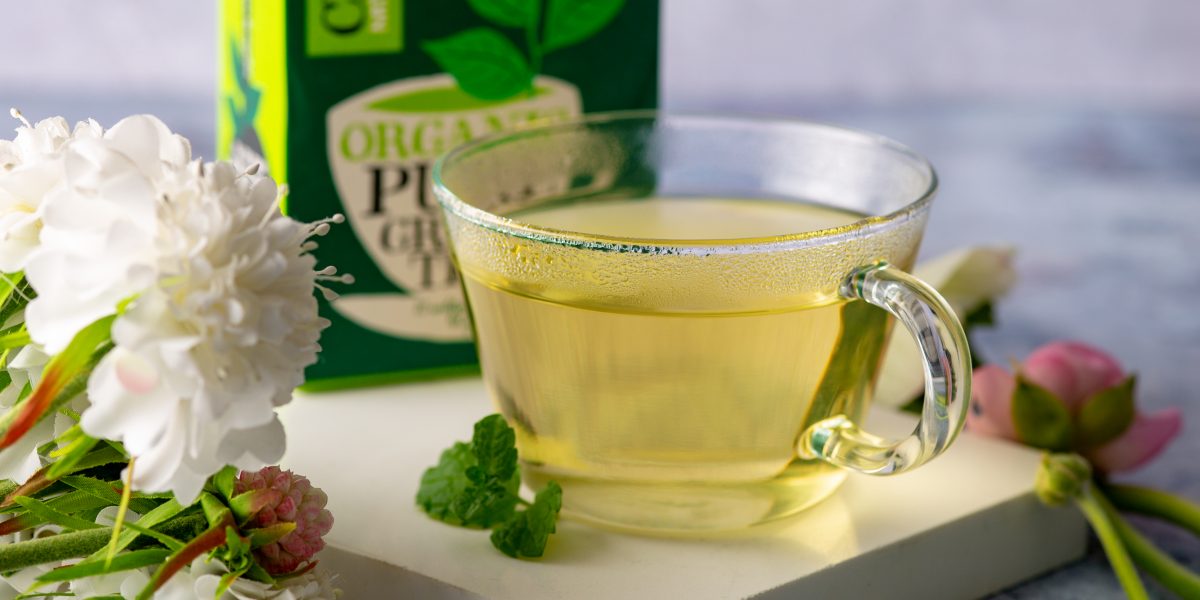6 Of The Most Effective Sleep-Inducing Teas
Oct 31, 2023 By Nancy Miller
Before night, nothing is more comforting than a nice cup of tea. After a stressful day, several of these might help you unwind and calm down. Many forms of herbal tea have been used as natural sleep treatments for generations due to their capacity to battle insomnia, stress, and worry. The sedative effects of a few of them have been researched extensively.
Magnolia Tea

Magnolia tea is commonly used as a natural sleep aid in various kinds of traditional medicine. Both honokiol and magnolol, which the plant contains, are tranquillizers. Although research in humans is sparse, several earlier animal studies have indicated both honokiol and magnolol can assist in promoting sleep and minimizing insomnia.
One study found that, compared to a control group, women who drank magnolia tea for three weeks after giving birth had significantly better levels of sadness and sleep quality. Still, a more current study is needed to examine how magnolia tea may improve adult sleep.
Caffeine-Free Green Tea

Green tea is a popular form of tea noted for its unique flavour and health advantages. Some research also suggests it may help with insomnia and better the quality of your sleep.
One short trial involving 20 individuals indicated that low-caffeine green tea was associated with better sleep quality, lower stress levels, and less exhaustion than conventional green tea.
Additional studies point to the calming effects of epigallocatechin-3-O-gallate, an ingredient in green tea. If you want to drink green tea before night, pick one with little to no caffeine.
Camomile Tea
In addition to its putative health advantages, chamomile tea has a light floral taste. Because of its calming properties, chamomile is frequently used to aid in falling asleep. A meta-analysis of 12 research studies indicated that chamomile safely enhanced sleep quality.
However, it did not affect insomnia. Eighty postpartum women with insomnia were studied in another study examining the effects of chamomile tea. They saw improvement in sleep-related problems after two weeks, especially compared to a control group.
After four weeks, however, neither the tea drinkers nor the controls showed any improvement in their symptoms. Although preliminary evidence suggests that chamomile tea may help with sleep, additional study is needed to confirm these findings.
Lavender Tea
Brewing lavender flower buds in hot water yield a bottomless purple tea with a unique flavour and scent. Although lavender is commonly appreciated as a calming nighttime tea, some evidence suggests it also helps you relax and get a better night's rest.
In one little research, postpartum women who drank one cup of lavender tea every day for two weeks felt less tired than those in the control group.
Lavender tea successfully reduces despair and anxiety, both of which have been linked to sleeplessness, in research including older persons. It is uncertain if lavender essential oil's calming and sleep-inducing effects also apply to lavender tea, although research suggests it may.
Valerian Tea
It is a blooming plant, and its extracts are used medicinally as valerian root. Some people find that drinking valerian tea, which is made from the dried seeds of the plant, helps them fall asleep more easily.
Although the exact mechanism of valerian root's anxiolytic effects is unknown, it is believed to include increasing the body's supply of the calming neurotransmitter gamma-aminobutyric acid. There is scant evidence of the benefits of valerian tea.
However, some studies have shown that valerian root can help reduce anxiety, improve sleep quality, and boost sensations of relaxation and tranquillity. Accordingly, while valerian tea may prove effective for individuals, further research is required to understand its mechanisms fully.
Tea With PassionFlowers
The healing powers of passionflower, also called Passiflora or maypop, have been investigated for centuries. Passionflower extract is a popular herbal supplement found in tinctures and capsules.
If you want to make some passionflower tea, you may use either fresh or dried leaves from the plant. Herbal medicines made from passionflower, such as teas, syrups, and tinctures, may help calm anxious feelings, as suggested by a meta-analysis of nine independent research.
Another study with 41 persons found that the subjective quality of their sleep was greatly enhanced by consuming one cup of passionflower tea every day for a week, compared to the placebo group. However, these results have yet to be repeated in more recent studies.
What Is Bedtime Tea?
Herbal "bedtime teas" include a unique combination of herbs to help you unwind and sleep better. Caffeine-free and infused with ingredients like lavender, chamomile, and passionflower, these drinks are a great alternative to traditional teas when you need to relax. By drinking herbal tea, you may add a safe, peaceful, and relaxing ritual to your nighttime routine.







